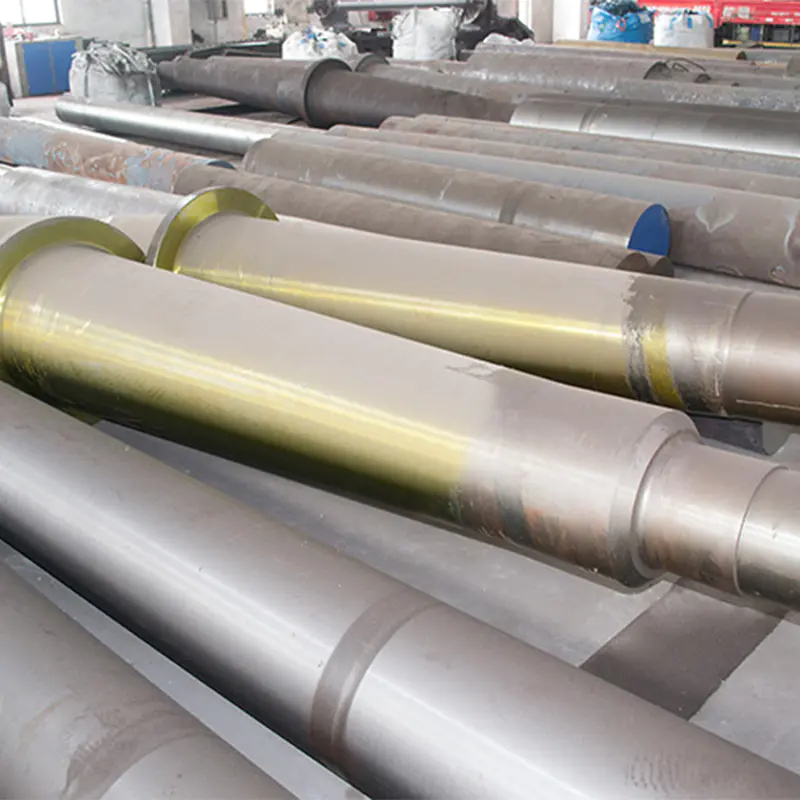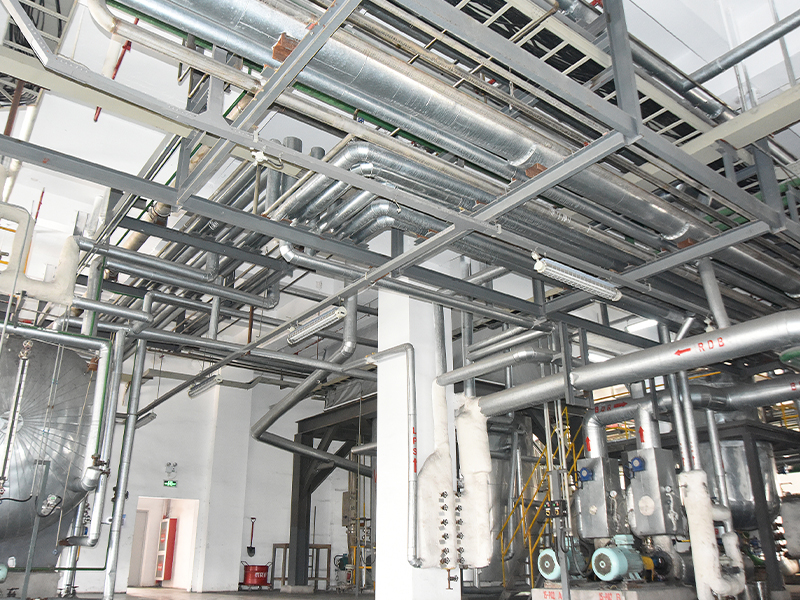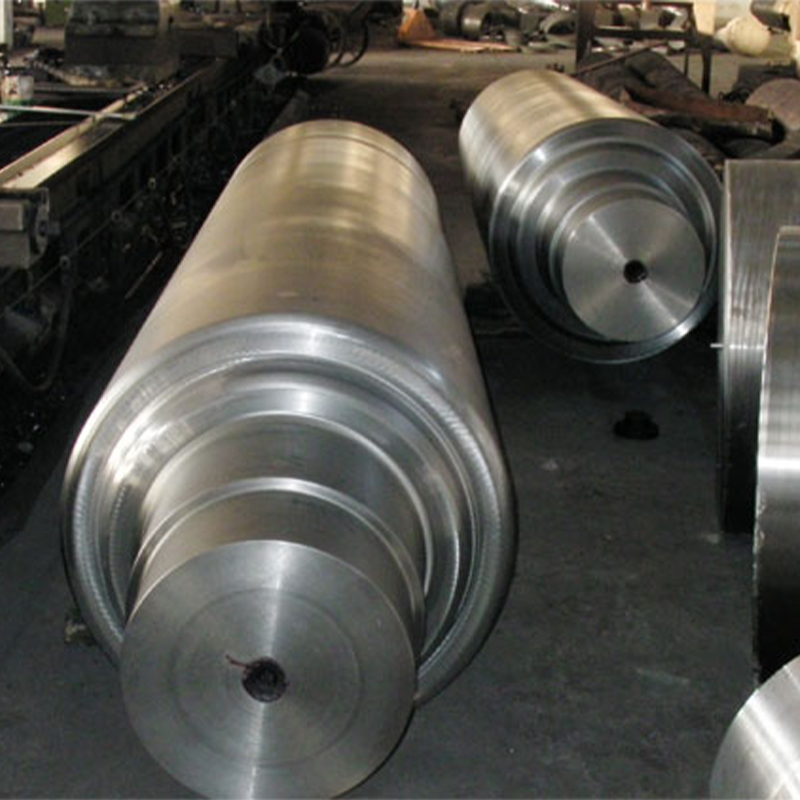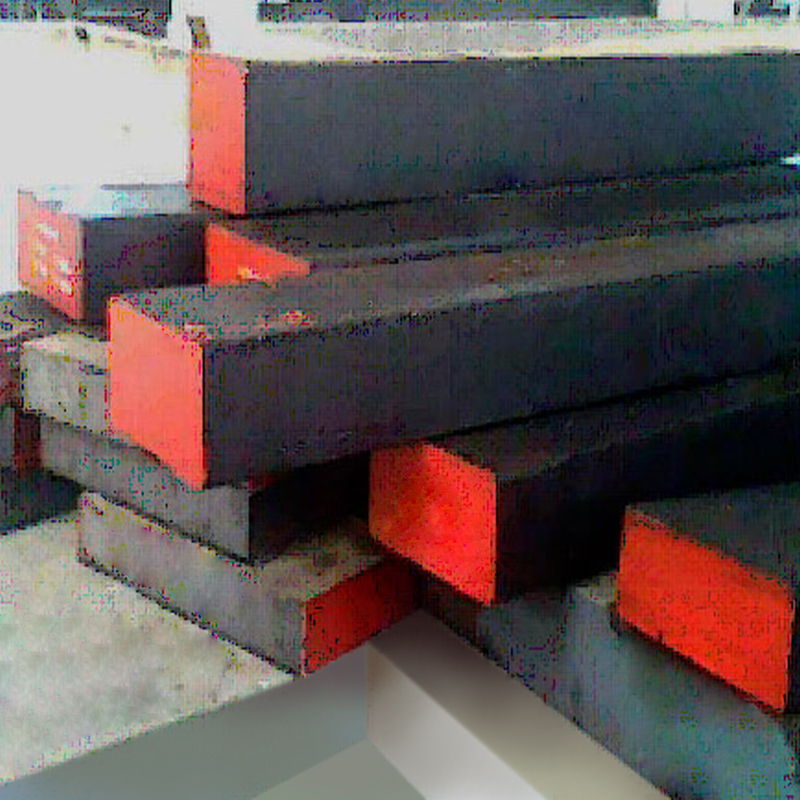
Alloy Round Bars designed for high-temperature applications utilize specialized alloying elements like nickel, chromium, and molybdenum to enhance their thermal stability and mechanical strength at elevated temperatures. Nickel-based alloys and certain grades of stainless steel (e.g., 304H, 310, 321) retain tensile strength, creep resistance, and oxidation resistance even when exposed to temperatures exceeding 600°C for extended periods. These materials resist common high-temperature degradation mechanisms such as scaling, grain growth, and thermal fatigue, which can otherwise lead to premature failure. The metallurgical structure of these alloys is optimized through precise heat treatments to maintain phase stability and limit grain boundary weakening, which is critical in power generation, petrochemical, and aerospace industries where Alloy Round Bars are subjected to cyclic thermal loading.
In environments characterized by elevated humidity or continuous moisture presence, corrosion resistance is paramount for Alloy Round Bars. Stainless steel alloys with high chromium content (above 12%) form a dense, adherent chromium oxide passive film on their surface, which acts as a self-healing barrier preventing further oxidation and corrosion. The addition of molybdenum enhances resistance against pitting and crevice corrosion commonly encountered in marine or chloride-rich atmospheres. Titanium and aluminum alloy round bars also offer excellent protection in humid environments due to their naturally forming oxide layers, which are chemically stable and impermeable. However, low-alloy or carbon steel bars generally require supplementary corrosion protection measures, such as galvanizing, painting, or powder coating, to maintain integrity. Proper storage and handling are also necessary to prevent surface contamination that might compromise corrosion resistance.
The chemical compatibility of Alloy Round Bars is a critical factor when used in industries dealing with acids, alkalis, solvents, or other aggressive media. Duplex stainless steels and nickel-copper alloys (e.g., Monel, Hastelloy) offer superior resistance to stress corrosion cracking, intergranular attack, and general corrosion in acidic or saline environments. These materials possess unique microstructures—such as dual-phase austenitic-ferritic phases in duplex steels—that provide balanced strength and corrosion resistance. In chemical processing plants, petrochemical refineries, and marine applications, the use of these alloy bars mitigates risks related to material degradation that could result in safety hazards or costly downtime. Surface passivation treatments further enhance chemical resistance by removing free iron and promoting a uniform oxide layer, reducing susceptibility to localized corrosion. The choice of alloy must be carefully matched to the specific chemical exposure to avoid premature failure.
To augment the innate environmental resistance of Alloy Round Bars, manufacturers often apply surface treatments such as electrochemical passivation, anodizing (for aluminum alloys), or plating with corrosion-resistant metals like nickel or chromium. These treatments increase surface hardness, reduce porosity, and improve chemical inertness, which significantly extend the service life of the bars in harsh environments. Passivation removes iron contaminants on stainless steel surfaces, encouraging the development of a stable and protective chromium oxide layer. Anodizing aluminum alloy bars enhances oxide film thickness, improving corrosion resistance and wear properties. Heat treatments such as solution annealing and aging modify microstructures to optimize resistance to environmental stressors. These combined approaches ensure Alloy Round Bars maintain mechanical performance and aesthetic integrity throughout their operational lifespan.



 English
English русский
русский Español
Español عربى
عربى


